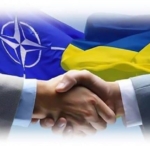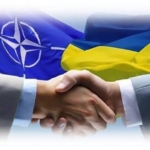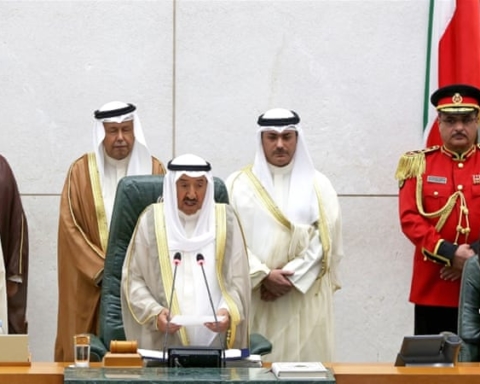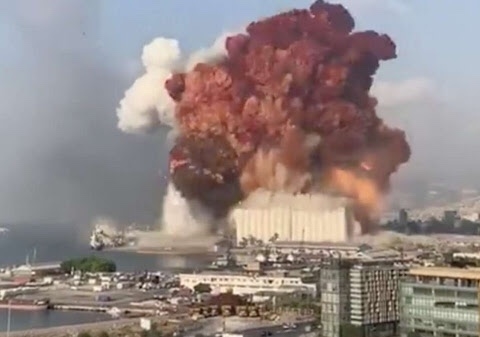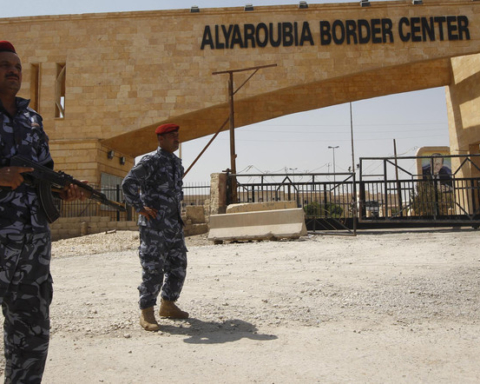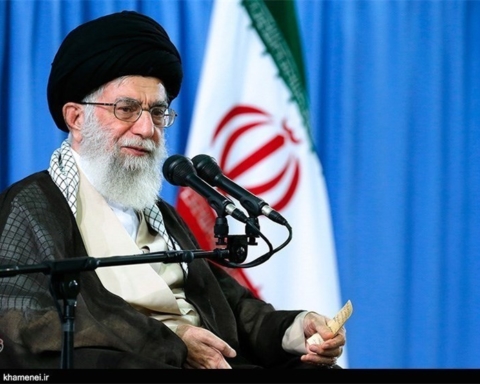
The 39th GCC (Gulf Cooperation Council) summit held in the Saudi capital Riyadh last Sunday. The GCC is an inter-governmental organization of six oil-exporting countries in the Middle East. Founded in 1981 in Riyadh, the GCC is a political and economic alliance and its member states (Saudi Arabia, Kuwait, Qatar, United Arab Emirates-UAE, Oman and Bahrain) promote cooperation and unity within the region, pursuing common goals and protecting the cultural and identity values of the Islamic world. This alliance aims to strengthen relations between member countries at political, economic, cultural and military levels. The GCC has, indeed, a council for defence planning, which coordinates military cooperation between the six countries.
This harmony broke in June 2017, when the “Arab quartet” (Saudi Arabia, Egypt, UAE and Bahrain publicly accused Qatar of supporting and financing terrorist groups. The quartet broke the diplomatic relations with the country and imposed air, naval and land embargoes. This event compromised the relations among the countries, but also the role of the GCC itself. Its credibility as a unified organization and a benchmark for the interests of the region is now inevitably questioned, as its ability to effectively guarantee unity, security and stability in the region.
Tensions are still high, especially after Qatar’s withdrawal from OPEC, the Organization of Petroleum Exporting Countries – and the summit held in Riyadh is further confirmation.
It did not go unnoticed the absence of Tamim bin Hamad Al-Thani, Emir of Qatar, who sent his foreign minister instead. A quick reaction came from the Foreign Minister of Kuwait, Sheikh Khalid bin Ahmed Al-Khalifa, who criticized the absence of the Emir at the summit. Despite the tension, the summit took place following the objectives of the alliance, thus addressing issues related to the regional security, social, economic and political dynamics. During the opening meeting, the Saudi King Salman emphasized the need for greater cooperation to achieve regional stability and security. “The region goes through challenges, terrorism, and the Iranian threat,” said the Saudi monarch, who also urged the achievement of a political solution in Yemen. For years a civil war has devastated the country, thus fuelling instability in the Middle East and antagonisms between regional and global powers. Palestine, one of the organization’s top priorities, and Iran, a threat to monarchies and regional balance, were on the table too.
However, one of the biggest challenges that the GCC is currently facing is its own internal schism. Saudi Arabia, Bahrain and the UAE openly oppose Qatar, while Kuwait and Oman are neutral to the disputes. The Emir of Kuwait, Sheikh Sabah Al Ahmad stressed the need to solve this division, calling on member states to strengthen unity and cooperation within the alliance, thus preserving the GCC position and role, and safeguarding the interests of their peoples. Here the seven steps listed in the Riyadh Declaration, signed at the end of the conference, essential to carry forward the objectives of the alliance.
1. Integration. The Council approved the development of a roadmap that includes the activation of the procedures necessary to achieve the objectives of integration between the GCC countries and to create a framework for their relations with the international community. Integration is intended here at multiple levels, from harmonizing economic reforms within the GCC countries to strengthening the security and stability of the region, improving the performance of the Council itself and consolidating its role both at regional and international levels.
2. Adherence to the time schedule for the implementation of economic reforms. The GCC countries set a plan to achieve economic integration among member states: the Council renews the importance of respecting these deadlines. Economic integration is, indeed, an essential step to set favourable conditions for a “Gulf” market and a customs union.
3. Collective defence. During the summit, member states appointed the commander of the unified military command of the GCC, an important step for the formation of a collective defence system. Furthermore, directives were given in order to speed up the procedures for the activation of this command and for the foundation of the Gulf Academy of Strategic and Security Studies. The aim is to give the command solid grounds and to form a qualified “Gulf” military class.
4. Security. The GCC leaders emphasized the need to maintain the security and stability of the region, combat terrorist organizations and extremist ideologies, through the promotion of values of tolerance, pluralism and justice, a benchmark of the Islamic religion and the Arab tradition.
5. Unified foreign policy. The leaders of the six countries underline the importance of unity in foreign policy, basing choices on the Council Statute and working to preserve regional interests and avoid local and international conflicts. They renewed their support for the Palestinian cause and the commitment to help the “brothers” in Yemen and other Arab countries to achieve peace, prosperity and security in their countries.
6. Strengthen strategic partnerships. In today’s environment, it is essential to strengthen strategic partnerships, at economic, cultural, military and political levels, among GCC members, between them and their friendly nations, as well as with different regional blocs. The GCC summits, therefore, renew their commitment to assist friendly countries, through humanitarian and development programs.
7. Maintaining the objectives achieved by the Council. At a time when the credibility of the GCC is being questioned, the leaders of the member countries reaffirm the value of the objectives achieved to date, the need to preserve them and to continue to promote projects aimed at achieving the goals of the organization.
Although the summit was valued positively, as claimed by the Emir of Kuwait, the major obstacle to achieving the GCC objectives is the schism within the group. To date, there is no concrete basis for an improvement in the situation.
During an event at the Council on Foreign Relations, the American think tank, Sheikh Mohammed bin Abdulrahman Al-Thani, Deputy Prime Minister and Minister of Foreign Affairs of Qatar, expressed little positive opinion about the possibility that the GCC will continue to play that role of a unitary block that he had gained over the years. “When the GCC crisis started and they started, they enforced the blockade on Qatar, it changed everything. It changed the perspective on the eyes of the people. Shows that the GCC became an ineffective tool even to resolve its own problem because we would not be able to reach such a level of tension “.
On the other hand, the UAE and Saudi Arabia keep firmly their positions. The recent exit of Qatar from OPEC does little to reassure the minds. Beyond the economic aspect – hence the possibility of increasing the production of crude oil without the restrictions imposed by the Organization (though Qatar has declared an intention to invest massively in natural gas- the choice of the monarchy is seen as a challenge to the predominant role of Saudi Arabia and, therefore, an attempt to change the balance of the Middle Eastern geopolitical chessboard.
Worth to mention that all is happening in a region where Iran still is a destabilizing factor, the civil war in Syria is far from a solution, the Arab-Israeli conflict is vividly alive, the proliferation of terrorist groups does not stop and the interests at stake they are high.
Although the GCC could have been – and potentially still could be- the actor capable of guaranteeing order and security in the region, the road to actually achieving this goal seems to be far longer and more impervious than the Arab leaders have outlined on Sunday. To give stability to a region characterized by conflicts, struggles for hegemony, cultural and religious differences, it is primarily necessary to achieve internal unity among those who want to be the active players of this change. Perhaps, among the points of the declaration, a “solve our internal schism first…” should have been written …
Paola Fratantoni

